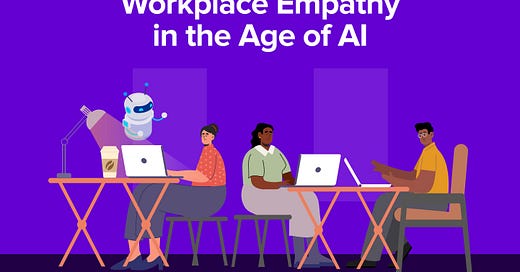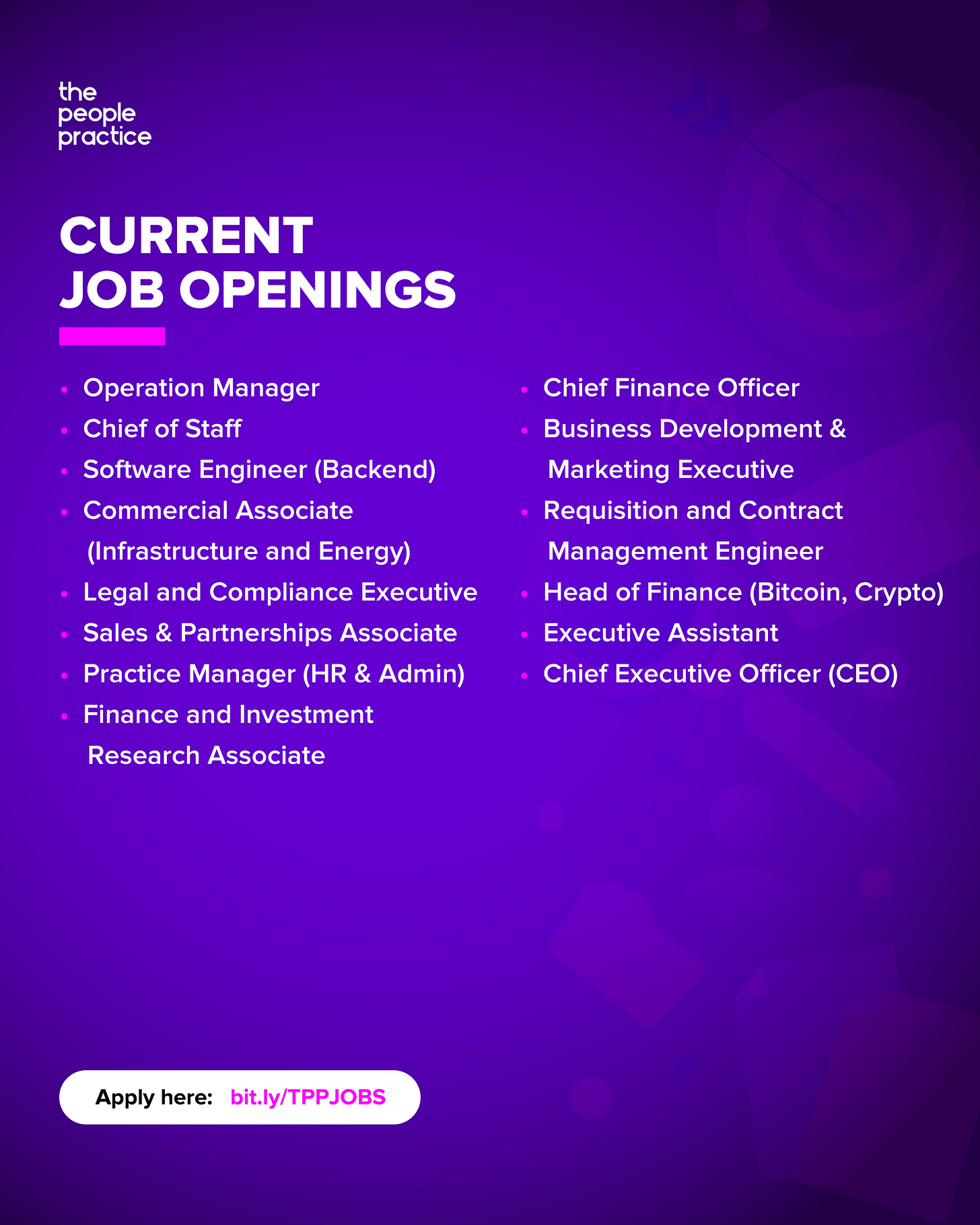Hello! Welcome to June’s edition of Your Workplace Culture Guide!
This month, we are looking at how AI is transforming the way we work and how to ensure it does not change how we feel at work. AI is here to stay, and it’s moving fast as tools get smarter, systems get automated, and decisions get delegated to software, it’s important to ask: are we gaining efficiency but losing empathy? At The People Practice, we are thinking about this from a culture point of view. AI helps us work faster and at a bigger scale, but it also makes us ask: what exactly are we trying to improve? We have to be careful not to build workplaces that get a lot done but feel cold and disconnected. So the real question is: how do we find the balance between efficiency and empathy?
The theme for this year’s international HR Day is “Humanify AI: Leading Change Together” this simply means designing AI in ways that support humans, not sideline them. HR sits at a powerful intersection here, between people and process, we are shaping how people experience work in this new era.
AI in recruitment, for instance, can streamline shortlisting, but if the data it’s trained on is biased, the process will be too. It’s important to audit and train these systems to reflect fairness. The same goes for feedback, tools can flag performance trends or suggest improvements, but they should never replace the human context that managers bring. AI helps take the grunt work off our plates, so teams can focus on the creative and emotional labor that drives culture because that’s the part tech can’t replicate.
Recent stories in the news make this real. This year, Nigerian food delivery startup Chowdeck laid off 86 of its 120 contract staff, allegedly replacing them with AI as part of a broader strategy to streamline operations and scale faster. Over in Sweden, fintech company Klarna made headlines for replacing around 700 customer service employees with an AI assistant. At first, the company reported faster response times and high satisfaction, but soon faced criticism as customer experience dipped, forcing them to quietly rehire human support staff to fill the gap AI couldn’t.
AI has the potential to make work better, but only if we stay in the driver’s seat. We need to make sure the way we use AI reflects the values we want our workplaces to stand for.
This means using AI to support human judgment, designing for creativity and flexibility, keeping feedback rooted in empathy, and above all, it means recognizing that great leadership is still a human skill. Dashboards can’t replace presence, trust, or the ability to truly listen.
We asked the People team in The People Practice to share their favorite AI tools, without mentioning ChatGPT and here are a few of the top responses we got; PeopleHum Ai, Deepseek and Gemini.
This is about leading intentionally because when it comes down to it, workplace culture is about how we use them.
As always, here are our current job openings. Click on the image to share your résumé with us:
Simi from your workplace culture guide.
Until next month,
Happy cultur-ing





Not 100% keen on the word "humanify"--but I'm 500% keen on the restoration of empathy in the workplace. Thank you for that emphasis. I think something I'm wondering about is how to offer empathy in an age of sycophantic AI. What does authentic empathy look like? My hunch is that there has to be some challenge in it, some friction, maybe. The people who care most about me, who try to see the world form my standpoint, are also the people who offer the most loving challenge. Just thinking out loud, but would love to hear your response to that question.